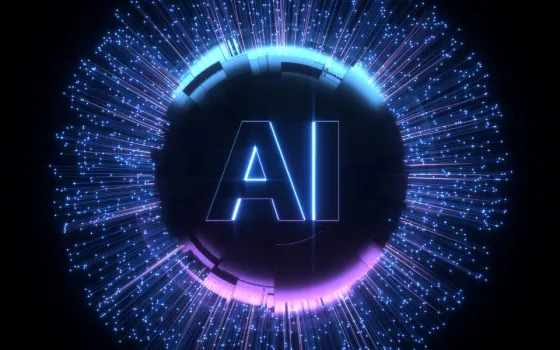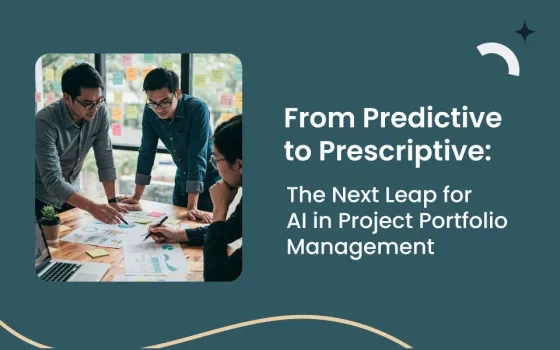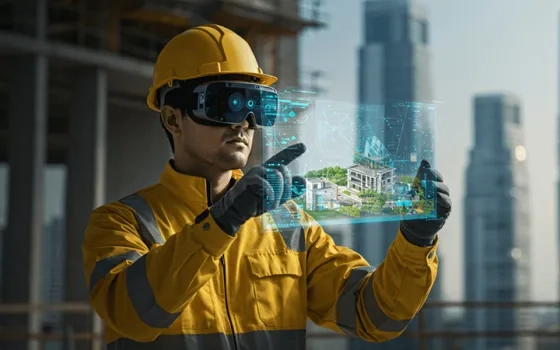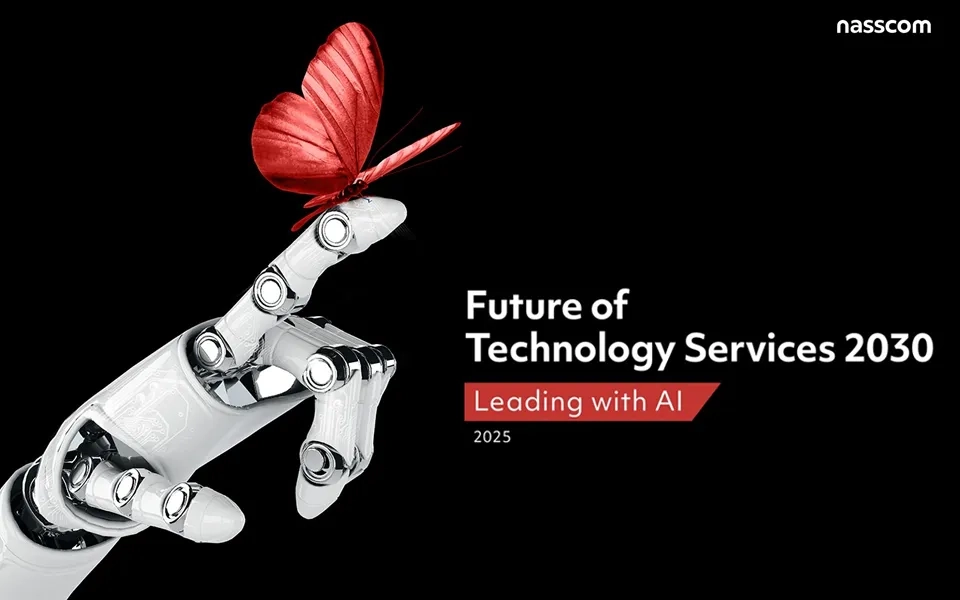AI and ML use has accelerated in recent years due to the increasing availability of data and the development of more powerful algorithms.
What is AI and ML?
Artificial intelligence (AI) and machine learning (ML) are two of the most transformative technologies of our time.
AI is a broad term that refers to the ability of machines to perform tasks that are typically associated with human intelligence, such as learning, reasoning, and problem-solving.
ML is a subset of AI that focuses on the development of algorithms that can learn from data without being explicitly programmed.
Background
AI and ML have been used in the real estate industry for several years, but their use has accelerated in recent years due to the increasing availability of data and the development of more powerful algorithms. AI and ML are being used in a variety of real estate applications, including:The use of AI and ML in the real estate industry is still in its early stages, but it has the potential to revolutionize the way that real estate is bought, sold, and managed.
Abstract
Artificial Intelligence (AI) and Machine Learning (ML) have emerged as powerful technologies with significant potential to transform construction project management. This white paper explores the latest advancements in AI and ML and their applications in construction project management.
It broadly examines the following key areas:
The paper also discusses the benefits, challenges, and prospects of AI and ML in construction project management, highlighting the need for industry-wide adoption of these technologies to enhance efficiency, productivity, and project outcomes.
One of the significant challenges in construction management is that most of the processes require extensive manual effort and expertise. It starts with creating a realistic schedule, budget, resource allocation and finally optimising these processes to drive the project to yield better results.
However, the advancements in AI and ML will be a game changer in this field.
Automated Schedule Generation and Predictive Schedule Analysis:
AI algorithms can analyse project requirements, resource availability, and constraints to automatically generate project schedules. These algorithms consider various factors such as task dependencies, resource allocation, and critical paths to create comprehensive schedules that optimize project timelines. By automating this process, project managers can save substantial time and effort, allowing them to focus on higher-level decision-making and strategic planning.
ML models are trained using historical project data, including project schedules, and corresponding events. These models can then predict the likelihood and impact of various events on the project schedule. By analysing the data, the models can identify potential schedule delays, bottlenecks, and critical paths.
Project managers can use these insights to proactively adjust resources, allocate additional time, or modify the project plan to mitigate risks and maintain project timelines.
Real-Time Schedule Monitoring and Control:
By integrating real-time data from various sources such as sensors, IoT devices, and project management software, AI algorithms can analyse the progress of different project tasks and compare them with the planned schedule. Machine learning models can detect patterns, trends, and anomalies in the data to provide accurate and timely insights into the project's schedule status.
With this information, project managers can identify potential delays or schedule disruptions early on. They can make informed decisions regarding resource allocation, task prioritization, and schedule adjustments to ensure project milestones are met. Real-time schedule monitoring and control help optimize project performance, minimize delays, and improve overall project efficiency.
Example of companies who are leveraging AI and ML to improve productivity:
Cemex: Cemex, a global cement company, is already using Artificial Intelligence to improve ball mill performance in its operations as part of its Digital Innovation in Motion ecosystem. The company is testing and refining how machine learning can make an already efficient process even better.
Traditionally, this process is controlled by human operators. Under the new model, these operators would supervise and fine-tune the AI’s behaviour.
Risk mitigation is the process of identifying and reducing the likelihood or impact of risks. It is an essential part of construction project management, as it can help to prevent accidents, injuries, delays, and cost overruns.
AI and ML play a vital role in risk management within construction projects.
Predictive Risk Assessment:
By analysing historical project data, including risk events and their outcomes, ML algorithms can learn patterns and relationships to predict the likelihood and impact of future risks.
ML models can also consider the interdependencies between risks and their potential cascading effects on the project.
Predictive risk assessment empowers project managers to prioritize risks based on their severity and allocate resources and mitigation strategies accordingly. By proactively addressing potential risks, construction projects can reduce the likelihood of negative outcomes and improve overall project resilience.
Intelligent Risk Mitigation Strategies:
AI and ML technologies enable the development of intelligent risk mitigation strategies tailored to specific construction projects. ML algorithms can analyse historical project data and identify effective risk mitigation measures that have been successful in similar scenarios.
By incorporating real-time data and project-specific parameters, ML models can recommend optimal risk mitigation strategies based on the current project context.
Intelligent risk mitigation strategies help project managers make informed decisions regarding risk treatment, such as transferring, avoiding, mitigating, or accepting risks and can implement proactive measures to minimize the occurrence of risks or mitigate their impact, leading to improved project
performance and reduced disruptions.
Example of companies who are leveraging AI and ML for risk management:
Skanska: Skanska, a global construction company, has used AI to improve its safety record. The company has developed an AI-powered system that can identify potential hazards on construction sites. The system uses computer vision to analyse images and videos from construction sites. It can identify hazards such as unsafe work practices, falling objects, and obstructed walkways. The system has helped Skanska to reduce the number of accidents on its construction sites.
Quality control is a critical aspect of construction project management to ensure that the final deliverables meet the required standards. AI and ML technologies offer powerful tools for enhancing quality control and defect detection processes, enabling construction projects to achieve higher levels of quality assurance.
AI-Based Image Analysis and Computer Vision:
AI-based image analysis and computer vision techniques are revolutionizing the way quality control is performed in the construction industry.
Computer vision algorithms can identify and extract relevant features from visual data, enabling automated inspections and comparisons against reference models or specifications. This technology can detect visual defects, such as cracks, surface irregularities, or incorrect installations, with a high
degree of accuracy.
AI-based image analysis and computer vision reduce human error and subjectivity in quality control processes. They enable objective and consistent assessments, leading to improved quality assurance and reduced rework.
Automated Defect Recognition:
Automated defect recognition using AI and ML techniques allows construction projects to efficiently identify and classify defects in real-time. ML models can be trained using large datasets of defect images, allowing them to learn and recognize different types of defects.
By integrating image capture devices, such as cameras or drones, with AI-based defect recognition systems, construction projects can automatically identify and flag potential defects during inspections. ML algorithms can analyse captured images, compare them against pre-trained defect patterns, and provide instant feedback on the presence of defects.
Example of companies who are leveraging AI and ML for quality control:
AECOM: AECOM, an American multinational engineering firm, has used AI to improve its quality control. The company has developed an AI-powered system called ALI that can inspect construction projects for defects. The system uses computer vision to analyse images and videos from construction sites. ALI is capable of processing all the three-dimensional elements of each design. It can identify defects such as cracks in concrete, missing bolts, and misalignment of pipes. The system has helped AECOM to improve the quality of its construction projects.
Benefits of using AI and ML in Construction Project Management
AI and ML technologies offer a wide range of benefits in construction project management, revolutionizing traditional practices and driving:
Challenges and Considerations
While AI and ML offer significant benefits in construction project management, there are several challenges and considerations that need to be addressed for successful implementation. These challenges include:
Future Directions and Prospects
The future of AI and ML in construction project management looks promising, with several exciting directions and prospects on the horizon. These include:
Conclusion
In conclusion, the advancements in AI and ML technologies have brought significant benefits and transformative changes to construction project management.
Through automated schedule generation, predictive risk assessment, AI-based image analysis, resource optimization, and real-time monitoring, construction projects can achieve improved efficiency, enhanced decision-making, and cost savings.
These advancements have the potential to revolutionize traditional practices and drive positive outcomes in the construction industry. As AI and ML continue to develop, we can expect to see even more innovative applications of these technologies in the construction industry in the years to come.

















